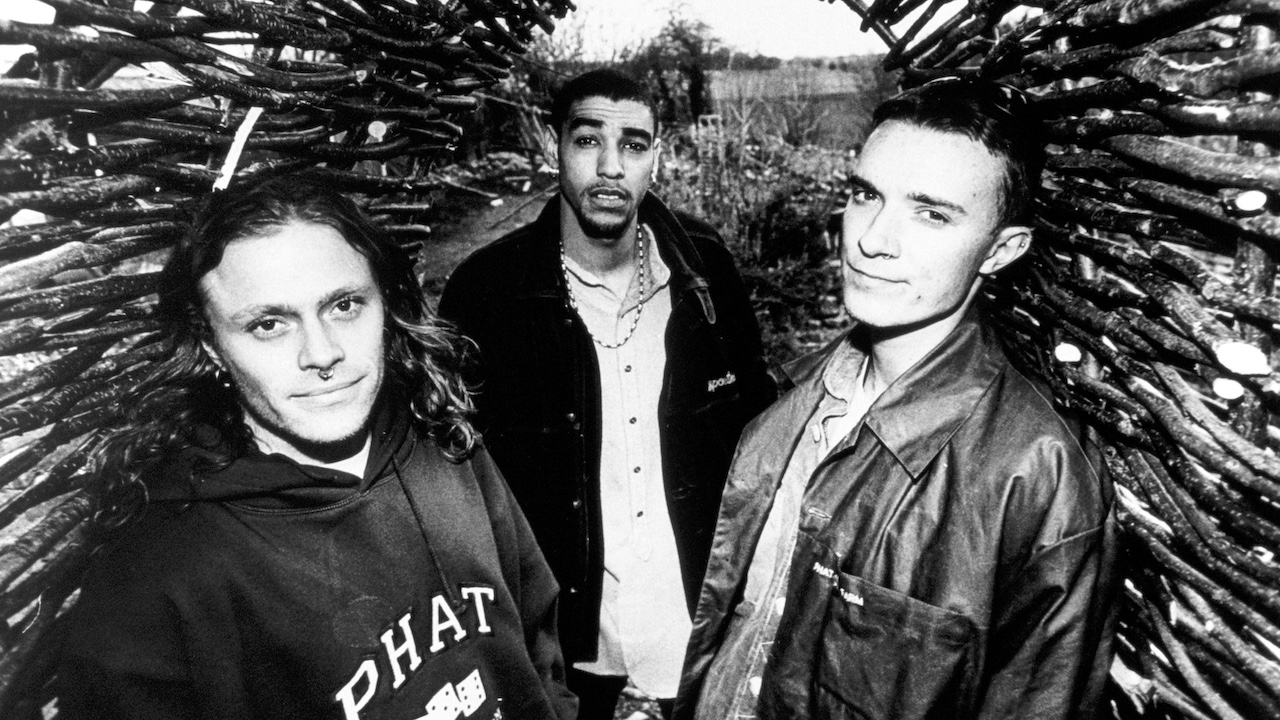The Prodigy showed that the huge success of their debut album was no fluke with 1994’s Music For The Jilted Generation. Their second record, which turns 30 this week, wasn’t just a landmark release for the Essex crew, it was an era-defining statement for British dance music, an album that merged the euphoria and exhilaration of rave culture with rock menace. The group’s debut – 1992’s Experience – had captured the dizzy thrills of an underground scene infiltrating the mainstream but …Jilted Generation was a record rooted in anger and frustration, and all the better for it.
Speaking to Melody Maker at the time, Prodigy supremo Liam Howlett said the record was a reaction to draconian laws implemented by John Major’s Conservative government, who had introduced measures to make raves illegal. “The Jilted Generation, it’s all the kids who’ve grown up on this supposedly corrupt dance music,” Howlett told Melody Maker in 1994. “The government are trying to make out the whole scene is bad, and they want to stop everyone going out and having a good time.
Howlett described a scene that had been punctured and fractured by the new rules. “The police can control the sound levels at raves,” he continued. “Basically, there aren’t going to be big outdoors raves any more. They’re not giving them licences in the first place now ’cos of the alleged disturbance and noise pollution, and all the drugs. And ’cos of that, the punters have lost faith a bit. A year ago, you’d get 20,000 at a big event, no worries. Now you’d be lucky to get 10,000. Events happen up until the last minute and then they get cancelled, and so people stop bothering. The Obsession rave, a big three-dayer on the beach, was cancelled, and that was going to be the only major event this year. The Prodigy haven’t suffered from it at all, we’re still packing out shows and selling records. But it does annoy me, the government telling young kids what they can do.”
Howlett filtered all of his aggro into …Jilted Generation, where rapid breakbeats sped around metal riffs and grunge-y guitars. It was a huge hit for the Braintree band, going to Number One in the UK and setting them up for their world-conquering next move, 1997’s The Fat Of The Land. They had the poison, and they had the remedy too: watch them play a scintillating show at Glastonbury a year after its release below:

